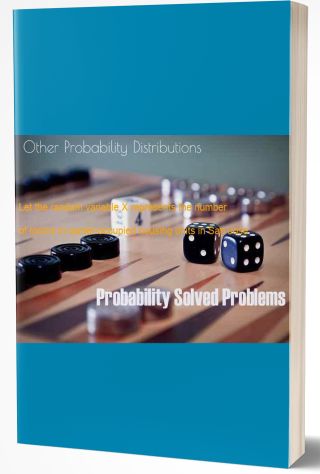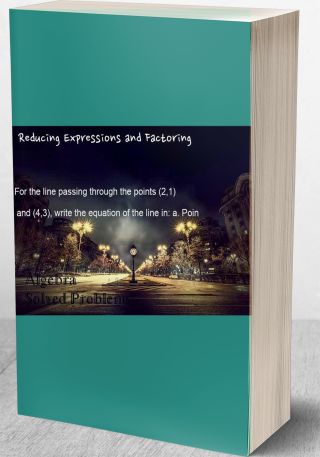Age-specific IQ tests are designed to produce test results that are normally distributed with a mean
Question: Age-specific IQ tests are designed to produce test results that are normally distributed with a mean of 100 and a standard deviation of 15 for the general US population of specific ages. A study was conducted to determine if the average IQ scores of children whose parents had been divorced (for more than 2 years) is less than that for other children. IQ tests were administered to a total of 25 children whose parents had been divorced for at least 2 years. The mean IQ score for this sample of 25 children was 96.5.
a) Use this sample of n = 25 to calculate the 95% confidence interval for the mean IQ of all children whose parents have been divorced for 2 years.
b) Based on your answer in part (a), it is reasonable to assume that true population mean IQ score of children from divorced parents is different than the general population (the true average IQ is 100 in the general population)? How do you know?
c) How many children would need to be sampled to have a margin of error of ±3.5 or smaller in the 95% confidence interval?
d) Calculate the 99% confidence interval based on this sample of n = 25 children. How does this compare to the 95% confidence interval from part (a)?
Type of Deliverable: Word Document



![[Solution] This week spend time discussing the similarities and differences between correlation and regression #23721 Hypothesis Testing - Analysis of Variance (ANOVA)](/images/downloads-images/featured/Statistics-question-4917.jpg)

![[Solution] Examine the stem and leaf plot below. Find the original data from the stem and leaf plot. Stem Leave #28491 Hypothesis Testing](/images/downloads-images/featured/Statistics-question-326.jpg)

